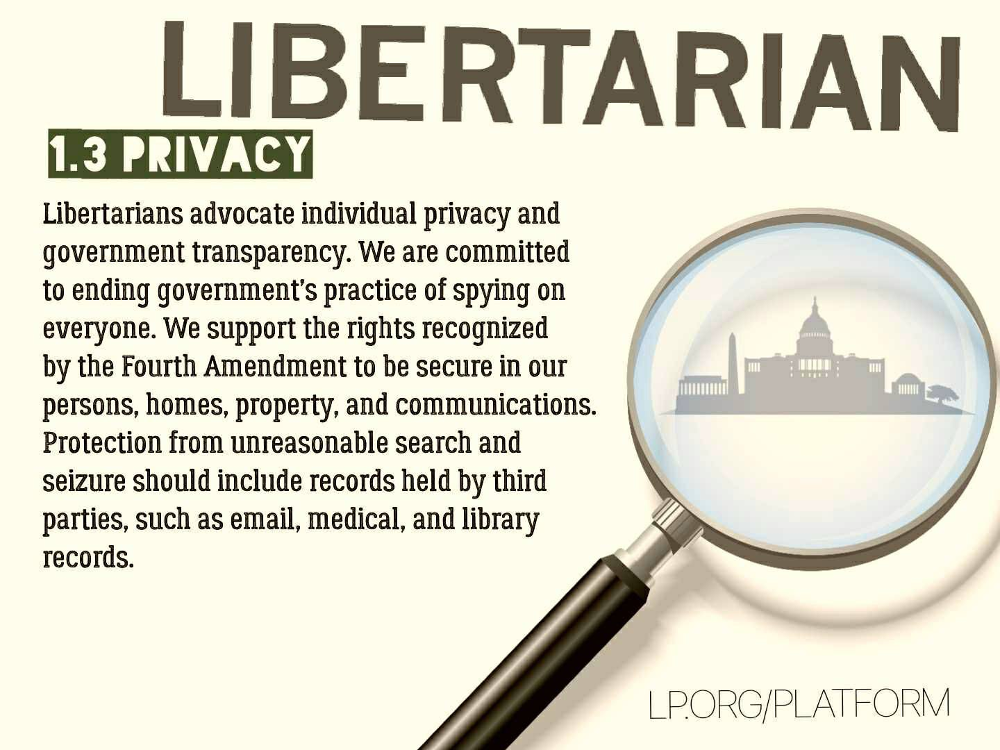The government cannot track a person’s location using cell phone towers unless it has a warrant, the U.S. Supreme Court ruled on June 22 in Carpenter v. United States. Timothy Carpenter, a suspect in a string of armed robberies in Detroit, was not arrested until his cell phone provider agreed to turn over to police a record of his cell tower usage. Although this data placed Carpenter near the scene of the crimes, “Government must generally obtain a warrant supported by probable cause before acquiring such records,” Chief Justice John Roberts concluded in the court’s 5-4 majority opinion, which law enforcement in this case had failed to do.
“The ruling is good as far as it goes,” said Phoenix mayoral candidate and Libertarian National Committee Chair Nicholas Sarwark, who spent years as a criminal defense attorney and public defender. “It doesn’t go far enough, though. The ruling said that the 6th Circuit Court erred by applying ‘third-party doctrine.’ This doctrine holds that when anybody agrees to share information with a third party telecom provider by agreeing to their terms of service — which nobody actually reads — they effectively give up their expectation of privacy. The Court made the right decision, but has also just kicked the can down the road by narrowly limiting the ruling’s application. Government officials may still find many other excuses for invoking third-party doctrine.”
The newest Supreme Court justice, Neil Gorsuch, wrote an interesting dissent that reads more like a concurrence.
“Gorsuch argued that, rather than focusing on privacy, the court should make a property rights argument,” Sarwark said. “In his view, Carpenter — not the cell phone company — had a property interest in the data. With this dissent, Justice Gorsuch indicated that he believes all third-party excuses for search and seizure without a warrant are incompatible with the Fourth Amendment.”
Judges appointed by Libertarians can be counted on to protect both the right to privacy and the right to property, along with all the rest of the rights guaranteed by the Bill of Rights — and those not enumerated. To that end, the Libertarian Party is running a record number of candidates for local, state, and federal office in 2018.
The 2018 Libertarian National Convention will be held from June 30 to July 3 in New Orleans, where delegates will elect the party’s officers for the next two-year term, consider endorsements of candidates, conduct other party business, and listen to candidates and other speakers from across the Libertarian movement. Journalists can request press credentials and view the tentative schedule on the convention website.


